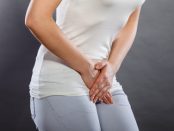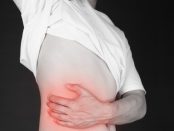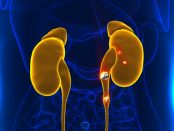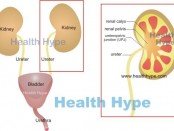Bladder Stones – Types, Causes, Symptoms and Treatment
Urine is mainly water but contains a number of different chemicals, including salts (electrolytes), wastes and sometimes small quantities of nutrients that the body does not need. These chemicals are dissolved in the urine but can precipitate. This means it can become a solid again and may clump together to form stones in >> Read More ...








